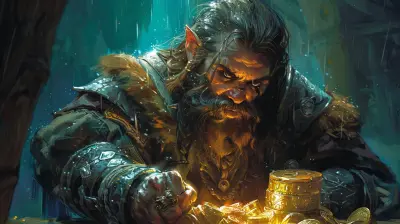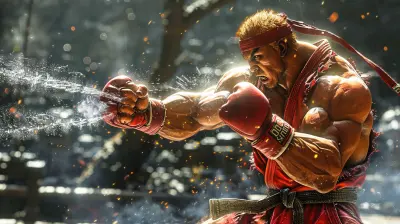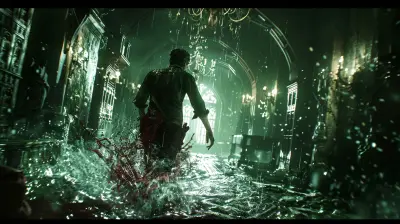The Art of Soundtracks: Why Console Games Have the Best Music
21 September 2025
When it comes to video games, everyone has their own reason for why they love them. Some people are in it for the mind-blowing graphics. Others can’t get enough of the captivating stories or the thrill of competitive gameplay. But let’s talk about something that rarely gets the spotlight it deserves: the music. Specifically, let’s dive into why console games consistently deliver some of the best soundtracks ever.
You know what I’m talking about, right? Those goosebumps-inducing melodies that linger in your head long after you’ve turned off your console. That one boss battle theme that had you feeling like a hero (even if you kept dying). Or that serene background tune from your favorite open-world game that felt like a hug for your soul. Console game soundtracks aren’t just “good”; they’re an art form. And here’s why.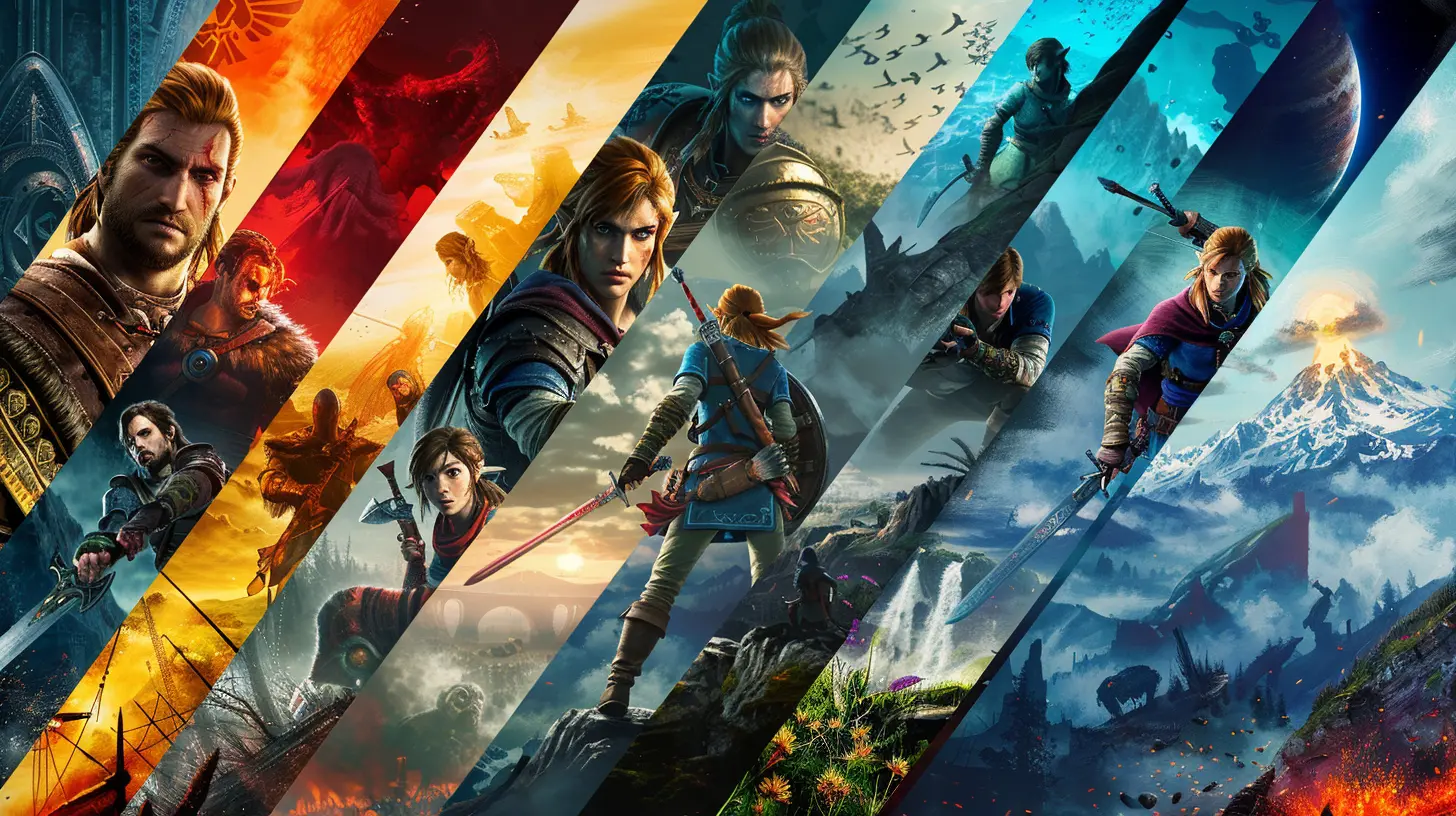
A Whole Orchestral Symphony in Your Living Room
If you’ve played a modern console game, chances are you’ve heard music so grand it could rival a Hollywood film score. That’s no accident. Console games have the budgets and the ambition to go big. They hire composers who work with full orchestras, blending traditional instruments with digital mastery to create soundscapes that are nothing short of epic.Take the "Final Fantasy" series, for example. Nobuo Uematsu, the genius behind much of its music, didn’t just slap together a few jingles. He created masterpieces that made you feel the game. You weren’t just exploring a digital world; you were living in it, thanks to the music. Remember "Aerith’s Theme" in "Final Fantasy VII"? Gut punch.
Or think about "The Legend of Zelda." From the triumphant, adventurous theme that plays as Link sets off to save Hyrule to the hauntingly beautiful tracks in "Breath of the Wild," Zelda’s music is kind of like the heartbeat of the game. It’s there in the background, keeping you connected to the story, emotions, and sense of wonder. 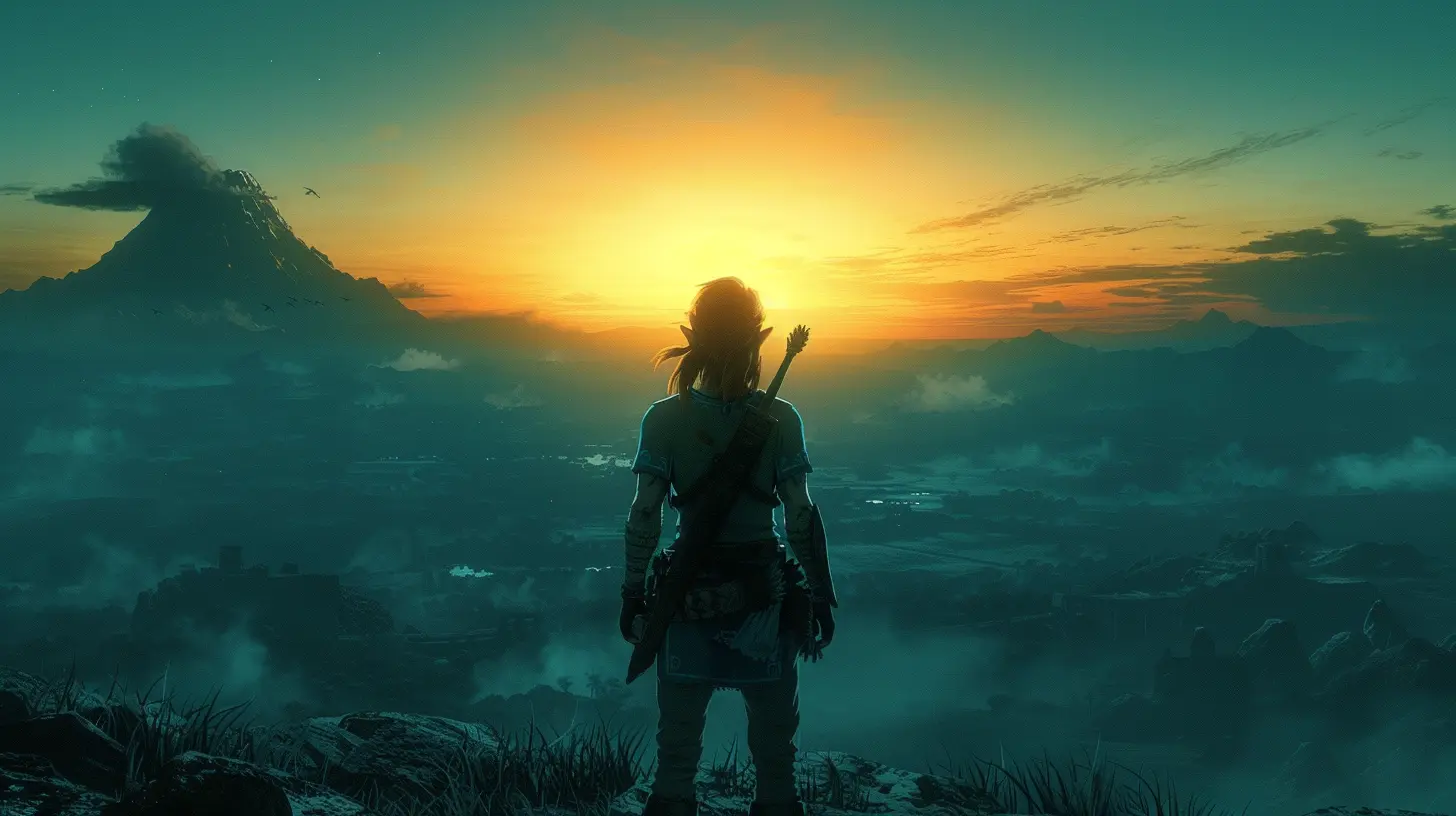
The Soundtracks Aren’t Just Music; They’re Characters
Here’s the thing about console game music—it almost feels like it’s alive. It’s not just a passive background element; it’s an active participant in the story.Picture this: you’re creeping through a dimly-lit corridor in a survival horror game. Everything’s quiet. Too quiet. Then, out of nowhere, the music shifts. A low, ominous hum creeps in. Your heart skips a beat, and you instantly know: something’s about to go down.
Resident Evil, anyone? That series is a masterclass in using soundtracks to mess with your head. The music doesn’t just enhance the tension—it is the tension.
But it’s not all about dread. Games like "Undertale" take it a step further. Each character in that game has their own theme, and by the time you’re done playing, those tunes almost feel like extensions of the characters themselves. Can you even think of Sans without hearing the jazzy chaos of "Megalovania"? Didn’t think so. 
Nostalgia Hits Hard With Console Music
You know how the smell of a certain food can instantly take you back to childhood? Game soundtracks are like that, but for your ears. Some console games have music so iconic that it instantly transports you back to a specific moment in time.For instance, the opening notes of "Green Hill Zone" from the original "Sonic the Hedgehog"? Pure dopamine. Or how about the Mario theme? It doesn’t just remind you of the game; it is the game. It’s impossible to hear those catchy notes without imagining Mario bopping Goombas and grabbing coins.
Console games, more than any other platform, have mastered the art of embedding music deep into your memory. Even decades later, those tunes stick with us, like old friends we can’t forget. 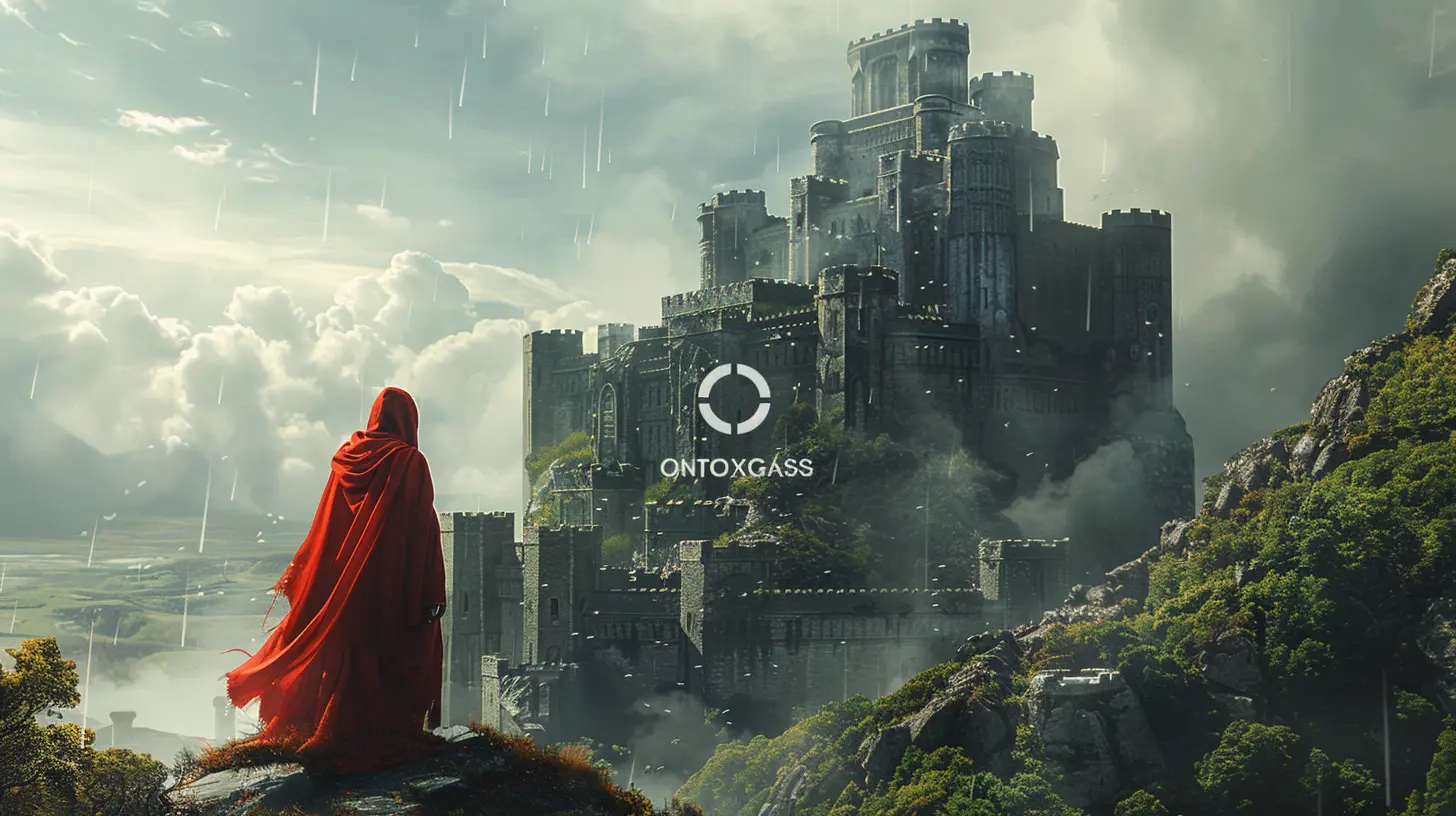
A Perfect Marriage of Gameplay and Sound
What sets console game soundtracks apart isn’t just how good the music is—it’s how seamlessly it integrates with gameplay. The music doesn’t just play over the action; it flows with it, elevating every moment. It’s like a dance, where the music and the gameplay move together in perfect harmony.Take "Shadow of the Colossus," for example. When you’re searching for one of the colossal beasts, the music is soft and subdued, almost melancholic. But the second you engage in battle, the soundtrack roars to life, filling you with adrenaline and urgency. It’s not just background noise; it’s part of the experience, pulling you deeper into the game’s world.
Or think about rhythm games like "Guitar Hero" and "Rock Band." The music is the game. Every note you hit is synced to the soundtrack, making you feel like a rockstar in your living room. It’s proof that music in console games isn’t just an accessory; it’s essential.
Console Music Has the Freedom to Shine
Let’s be real for a second—console games have an advantage here. Unlike mobile games, which are often limited by hardware constraints or designed for short, casual play sessions, console games have the freedom to stretch their creative muscles. They can take risks and invest time, effort, and money into crafting incredible soundtracks.And unlike PC games (which, don’t get me wrong, also have great music), console games often have a tighter focus on single-player experiences. A lot of PC games lean heavily into multiplayer environments where soundtracks take a backseat to voice chats and sound effects. Console games, on the other hand, are home to sprawling solo adventures and epic stories, where music is a core part of the storytelling.
The Unsung Heroes: Game Composers
We can’t talk about console game soundtracks without giving a shoutout to the people behind the music—the composers. These folks are the true rockstars of the gaming world. They don’t just create music; they create emotions, memories, and experiences.Koji Kondo (the man behind the legendary Mario and Zelda tunes), Yoko Shimomura (known for her work on "Kingdom Hearts"), and Austin Wintory (who composed the Grammy-nominated soundtrack for "Journey") are just a few of the names that have shaped the way we experience console games.
These composers understand that music isn’t just filler—it’s a fundamental part of what makes games unforgettable. They pour their hearts into every note, and it shows.
The Future Sounds Promising
As consoles get more powerful and game developers push boundaries, the future of console game soundtracks looks brighter than ever. From adaptive soundtracks that change based on your actions (like in "Red Dead Redemption 2") to the rise of indie games with killer music (looking at you, "Hollow Knight"), it’s clear that the art of video game music is only getting better.And with technologies like Dolby Atmos becoming more common, the way we experience game music is evolving too. Imagine being surrounded by sound, hearing every instrument and note as if you were sitting in the middle of an orchestra. That’s where we’re headed, and I, for one, can’t wait.
Why Console Games Will Always Reign Supreme
At the end of the day, the reason console games have the best music boils down to this: they care. Developers and composers put their hearts and souls into creating soundtracks that don’t just complement the game but elevate it to something greater.Console game music has the power to make you laugh, cry, and everything in between. It tells stories, stirs emotions, and creates memories that stick with you for a lifetime. And isn’t that what great art is supposed to do?
So the next time you boot up your favorite console game, take a moment to really listen. Feel the music. Because chances are, there’s a masterpiece playing in the background.
all images in this post were generated using AI tools
Category:
Console GamesAuthor:

Jack McKinstry
Discussion
rate this article
1 comments
Lucy McNair
Console games often feature meticulously crafted soundtracks, enhancing immersion and emotional depth. Composers leverage advanced technology and collaborative artistry, resulting in memorable scores that elevate gameplay and create lasting connections between players and their experiences.
September 30, 2025 at 3:28 AM

Jack McKinstry
Absolutely! The intricate soundtracks in console games not only enrich the gaming experience but also forge deep emotional connections, showcasing the power of music in storytelling and gameplay.
